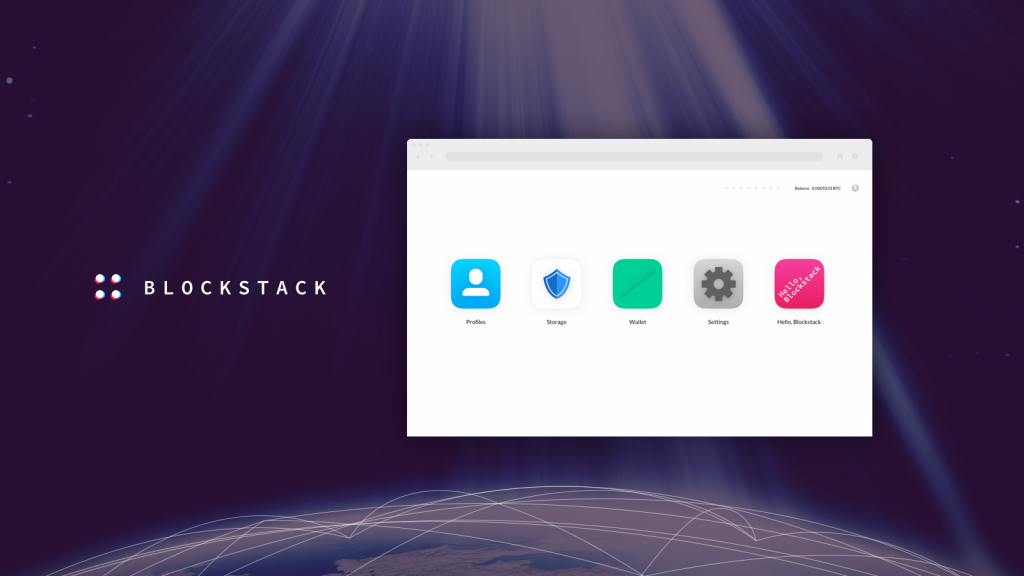Blockstack Unveils Decentralized Tokenized Blockchain Web Browser

As the list of dApps (decentralized applications) grows ever longer, a new class of platform has started to arise. Decentralized browsers have been hitting the market at a steady stream this year, offering users the ability to interact with the Ethereum network using a decentralized system.
First Movers
ERC20-compliant wallet and established platform Parity offers an Ethereum browsing client that integrates directly with current internet browsers such as Apple’s Safari and Google Chrome. Thanks to cross-functionality with ShapeShift, as well as a developer team including members of the Ethereum core developers, Parity scores major points for the legitimacy of their platform. Recently, Parity was included as one of the few options for purchasing STORJ, the tokens sold as part of decentralized cloud-storage company Storj Project’s recent ICO.
Mobile Technology
Another name that’s been making waves in the decentralized browser market is Status . More than just a decentralized browser, Status is branded as a mobile Ethereum operating system, allowing for a frictionless browsing, messaging, and payments experience directly from a smartphone. Available for Android and iOS devices, Status runs go-ethereum, turning a mobile device into an Ethereum node.

Counter to Status, there’s Token Browser . Though it doesn’t run go-ethereum, Token offers similar functionality to Status to the end user: decentralized browsing, messaging, and payments. Still relatively new, Token already boasts ten thousand users who have conducted almost forty thousand transactions in the first month of its Alpha release.
New Kid on the Blockchain
Earlier this week, Blockstack revealed it’s own decentralized browser . Harkening back to the early days of Bitcoin, Blockstack offers a full stack for decentralized application development, covering identity with secured keys, storage by allowing users to utilize their own storage providers, and payments through the support of Bitcoin as well as many other cryptocurrencies.

What separates Blockstack from the crowd is its mission to not only be a browser but a disruptive, comprehensive ecosystem for the newly emerging decentralized world. The Blockstack browser, they purport, is here to fix the “broken” old internet and take the power out of the hands of the corporations that currently dominate the web.
Browser Wars 3.0
Will this situation play out like the browser wars of old? Will these platforms become the next Firefox, Chrome, Safari, and Internet Explorer? Though it’s still early in the life cycles of these new technologies to draw direct comparisons, expect allegiances to form as the cryptocurrency community, by their very philosophy, has proven to quickly break into factions. Each of these new decentralized browsers has its own set of advantages, but only time will tell which factors determine success.